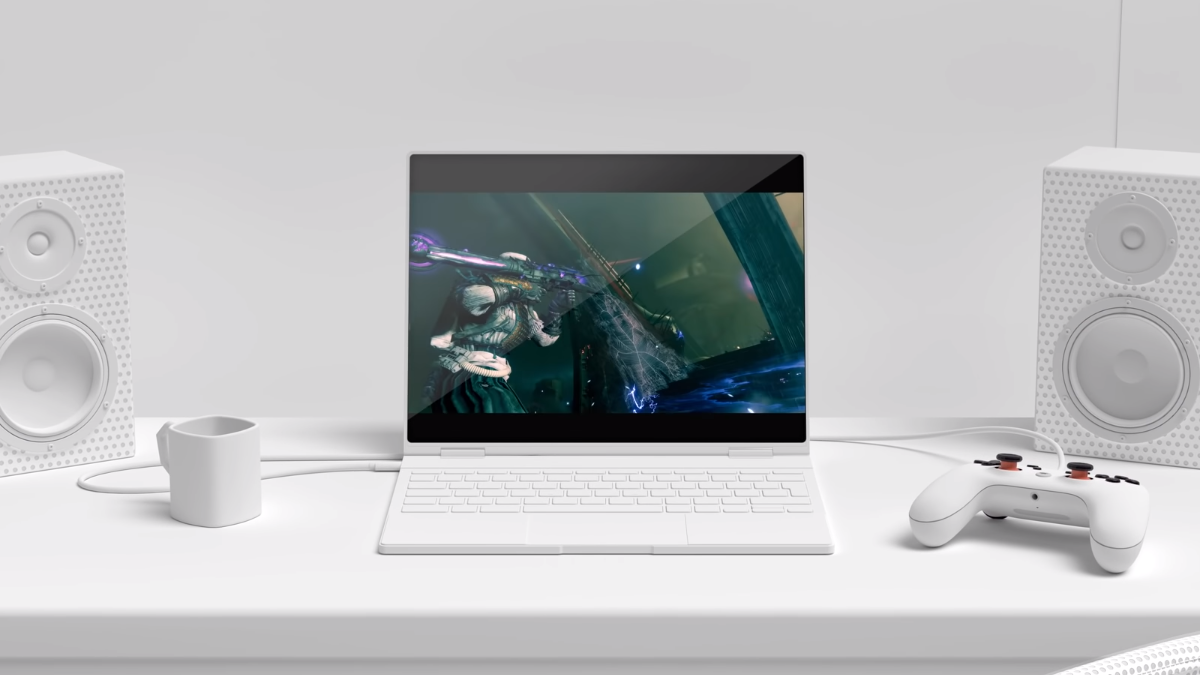Chromebooks are primarily known to be affordable machines to get some web-based work done and are particularly favored in classrooms too. But Google wants them to be more than that, and that ‘more’ means gaming. Chromebooks have been able to run games that you play on your Android smartphone or tablet for quite some time. But with the arrival of Stadia, the doors are now open for console-grade titles such as PUBG, Metro Last Light Redux, Assassins Creed Odyssey and Doom Eternal to name a few. And with support for NVIDIA’s GeForce Now service arriving a month ago, you now have access to even more games from your Steam, Epic Games Store and Ubisoft Uplay catalog.
Google is now taking a few more steps to further legitimize the status of Chromebooks as a viable gaming platform. With that in mind, Google is adding a new Premium gaming section to the Play Store when you access it on a Chromebook. Games listed in this section have either been designed for Chromebooks, or they just play well on Chrome OS machines. Google is also offering some special perks in the form of redeemable in-game rewards when you download games such as House of Da Vinci and Fallout Shelter, both of which are free to play on the platform right now.
Lastly, Google is also launching a new certification program called “Works with Chromebook” for game controllers. The devices under this program include the likes of Google’s own Stadia controller or the newly added Logitech F710 and F310 wireless gamepads, both of which can now be used to play games on Chromebooks. These aforementioned announcements bode well for the future of gaming on Chromebooks, irrespective of their impact.
https://twitter.com/XboxSupport/status/1305889230854524934?ref_src=twsrc%5Etfw
However, Chromebooks still don’t support one of the biggest cloud-based game streaming platforms out there – Microsoft’s xCloud. The latter has access to more AAA games as well as first-party exclusives, and offers more benefits when coupled with the Xbox Game Pass Ultimate subscription. It remains to be seen if, or when, Google decides to solve the Stadia puzzle that is currently missing an important piece called xCloud.



